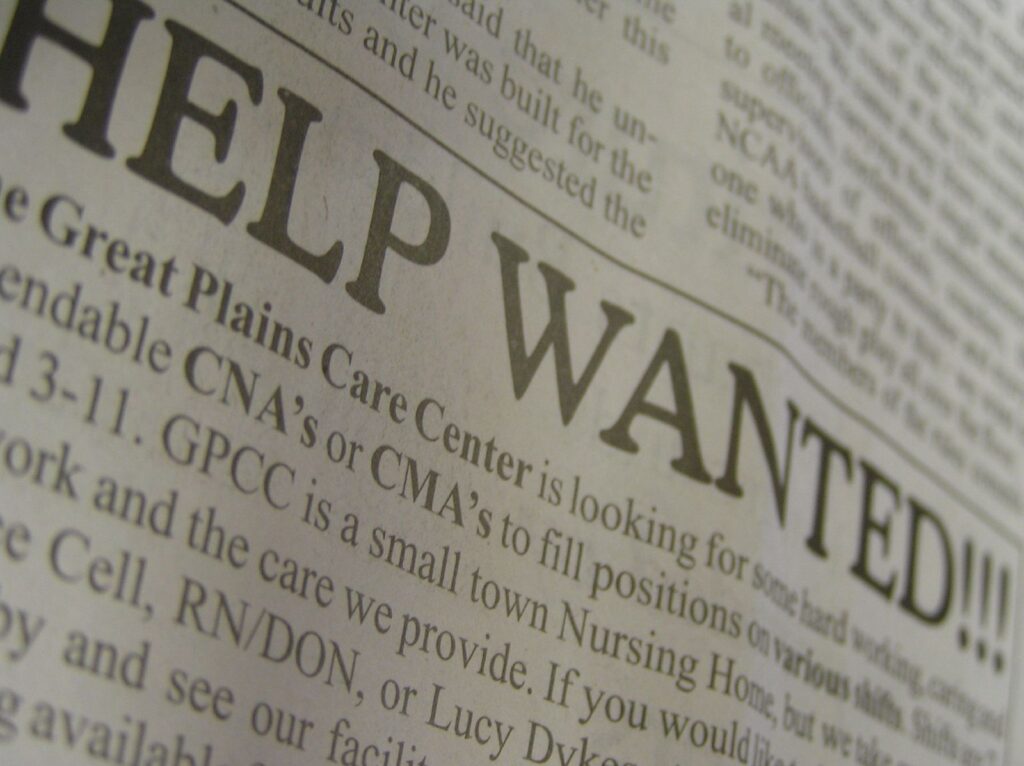To me, it was always stated as fact that making money was more important than following your dreams (unless your dream happened to be very lucrative). I was also told that it is unrealistic to expect fulfillment or happiness from your job or career. I had been terrified of the thought of working my adult years away and living a miserable life. I had made a promise to myself never to live that kind of life lest I wanted regrets. These were among the many myths I had to prove wrong as I worked hard to get myself closer to my dream life.
The first myth I would like to bust is—your dreams won’t make any money. Countless were the times I wanted to drop out of college and partly to blame for that was this myth. I knew that when I graduated high school, I immediately wanted to go to college. I loved being a student and knew I wanted to learn more about almost everything, so college was a natural progression in my life. However, I couldn’t fit in with many of my peers because we decided to study very different things and were driven by different values. I was almost always told things like “You will be broke easily,” “What are going to do with that,” and “You need to study something else.” I had felt like my presence was unwelcome in an institution I thought was where I could find more open-minded individuals.
The reality is a lot more complicated than what my peers made me believe. I was an English major with the dream of being a published author and making a career in the publishing industry. While these careers require tedious growth, tolerance for constant rejection, and perhaps occasionally sacrificing the opportunity to make money upfront, there was always going to be opportunities where I could use my writing and editing skills to make some money—whether that was a paid internship in publishing (though, hard to find), a paid writer’s fellowship, a freelancing gig for an advertising company, or creating my own business. If it wasn’t going to be my main job, it would be my side job. Even then, I always found myself using the creative problem-solving skills I credit my English degree for giving me in my personal life.
The second myth is—you can’t expect fulfillment or happiness from your job or career. I don’t want myself or anyone else miserably clocking in and out of the place where we’ll be spending the majority of our adult lives. I don’t see why it’s unreasonable to want and expect more out of our jobs and careers. Work shouldn’t just be about waking up, commuting, and saying we worked a certain amount of hours every day. It should be making us feel inspired and making good use of the natural born skills and talents we have. In the end, measuring the value of our work based on our annual salary doesn’t always factor in how much it gives back to our society. Those who prioritize money too much over other more people-centered values may recognize themselves as less human. So, expecting more from our jobs and careers only makes us human.
I tried prioritizing money over fulfillment and passion much to my detriment. I understand that you need money to survive and access resources all over the city, but being that we are beings driven by emotions, we can’t ignore the real need we all have to seek meaning in what we dedicate our time to. There was real labor that went into pretending I wanted to be at certain jobs when truthfully, I didn’t. Yet money had to be the thing I sacrificed so much for. I realized that sacrifices I have made for my dreams were more worth it than sacrificing my dreams altogether. This was because my dreams were the foundation for the life I wanted to live. When we start to understand what we do as more than just a number value or a prize, we start to see the lifestyles behind them that either deprive us or nourish us. And my dream of being a writer and editor in publishing was going to be the key to my dream life of living more intentionally, valuing meaning over material items, and treasuring the collective more over the individual.
The third and last myth I want to cover is—your job or career is your identity. As passionate as I am of having a creative career or passion job, I recognize that I don’t like the possibility of being pigeonholed nor do I like the possibility of all my other interests and identities being ignored for the sake of pure simplicity. Your job will likely change as much as your identity over the course of your life. Even then, you could consistently be a person of multiple passions—a multi-passionate if you will. Therefore, you aren’t a story for others to make sense of. You are a universe of infinite realities.

Image Credit: https://www.istockphoto.com/photo/room-full-of-clouds-surreal-dream-3d-rendering-moon-gm1301408665-393456340
College was where I felt I could create my own reality. It was the place to inspire and be inspired. It all had to start with stretching the very limited definitions forced on me since childhood. From being told that math and science were more important than my English classes to being told that the only thing I could do with an English degree was teach, I wanted a life of adaptable and accommodating definitions. Very literally, if you can dream it, you can believe it.

By Daeli Vargas
Daeli is a recent graduate from the City College of New York with a BA in English and a publishing certificate. She is from the Bronx and is very passionate about all things literary. She hopes one day to publish many books of her own and share her passions worldwide.
For over 20 years, the Campus Clipper has been offering awesome student discounts in NYC, from the East Side to Greenwich Village. Along with inspiration, the company offers students a special coupon booklet and the Official Student Guide, which encourages them to discover new places in the city and save money on food, clothing, and services.
At the Campus Clipper, not only do we help our interns learn new skills, make money, and create wonderful e-books, we give them a platform to teach others. Check our website for more student savings and watch our YouTube video showing off some of New York City’s finest students during the Welcome Week of 2015.
















